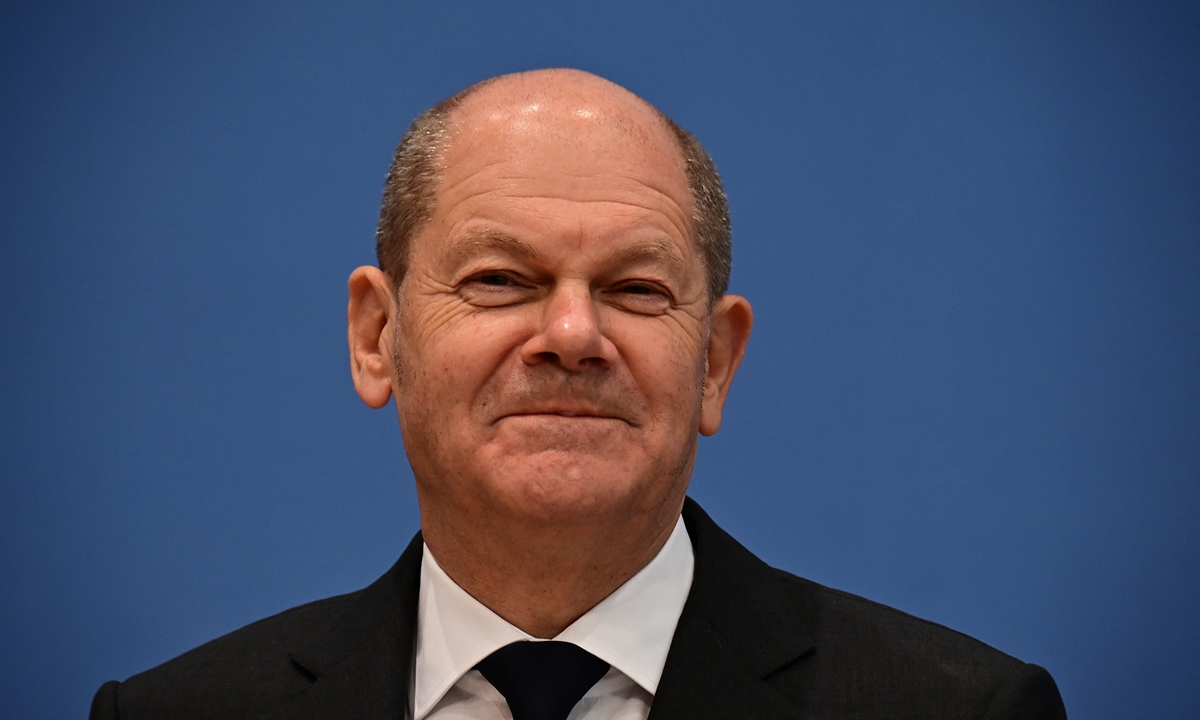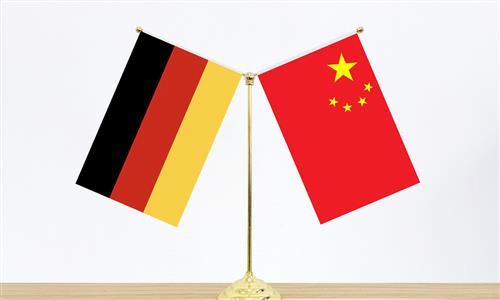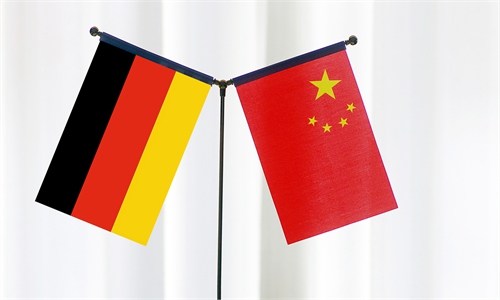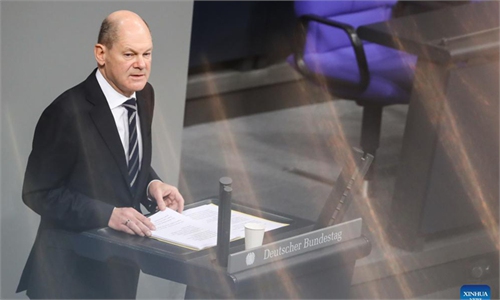
Olaf Scholz Photo: AFP
German Chancellor Olaf Scholz is set to visit India for the 7th intergovernmental consultations between Germany and India from Thursday to Saturday. Scholz will be accompanied by senior ministers from his cabinet for the consultations, according to a press release from the Ministry of External Affairs of India.Scholz's visit to India is seen by some Western media as a move aimed at reducing reliance on China and revitalizing Germany's economy, amid the German government's strategy of "de-risking" from the Chinese economy.
Germany is pursuing a balanced strategy in its policy toward Asia, a trend that began during former German chancellor Angela Merkel's tenure. While Germany values its economic ties with China, it also recognizes India as a rapidly growing economy in the region, Jiang Feng, professor of European Studies at the Shanghai International Studies University, told the Global Times on Thursday.
In recent years, Germany has attempted to shift some supply chains from China to Southeast Asia, but this transition has proven more challenging than expected, Jiang noted.
There may still be a gap between aspirations and practical realities, as Germany and India have both developed close economic and trade relations with China, according to Jiang.
According to data from the Federal Statistical Office of Germany, China was Germany's most important trading partner in 2023 for the eighth consecutive year.
A report from the German Economic Institute showed that the total direct investment by German companies in China reached a record high of 11.9 billion euros ($12.7 billion) in 2023, a year-on-year increase of 4.3 percent. The value accounted for over 10 percent of Germany's total overseas investment, the highest level since 2014, according to the Xinhua News Agency.
Overall, the relationship between Germany and India is continuously developing, with both sides having a mutual need for cooperation, said Jiang. In terms of economic and trade relations, India's capabilities in the industrial and supply chains remain limited, which poses constraints for Germany as it seeks larger markets and raw materials, according to Jiang.
Scholz and Indian Prime Minister Narendra Modi are scheduled to co-chair the consultations on Friday. Both leaders will hold bilateral talks to discuss topics related to defense, improving talent mobility, deepening economic cooperation and other sectors, according to the press release.
Volker Treier, head of foreign trade at the German Chamber of Commerce and Industry, said that German direct investments in India could be increased, according to a Reuters report.



